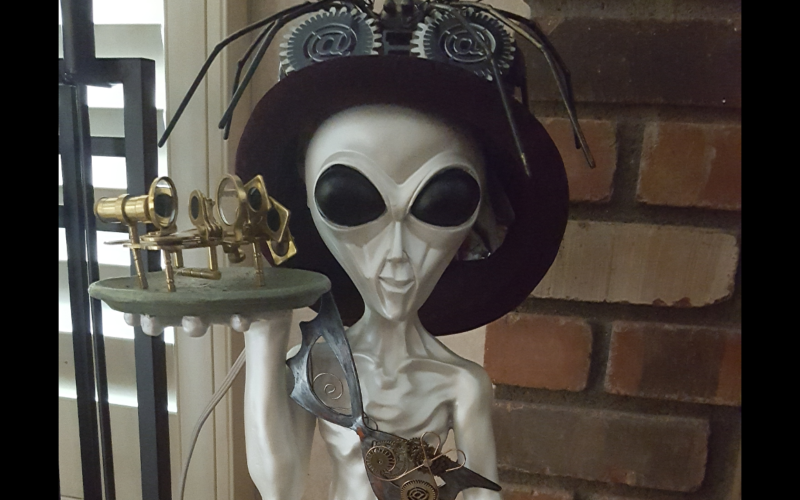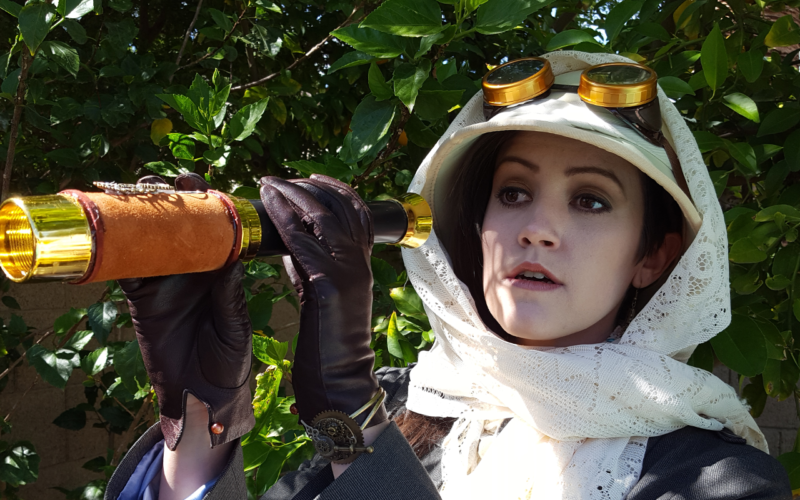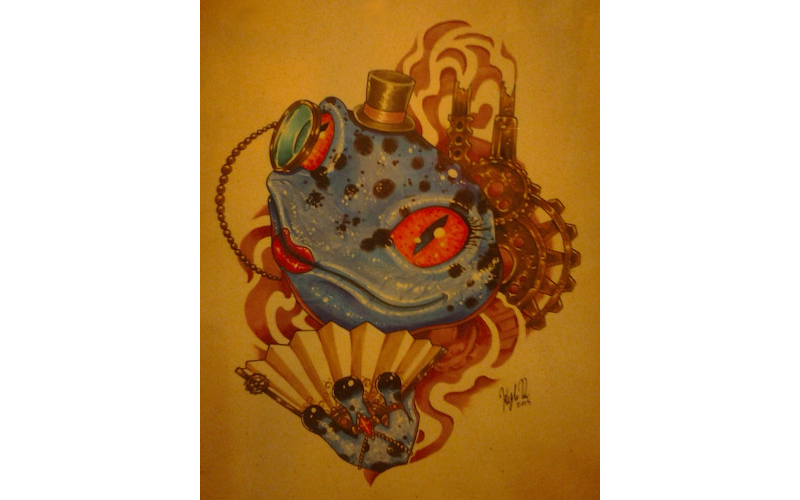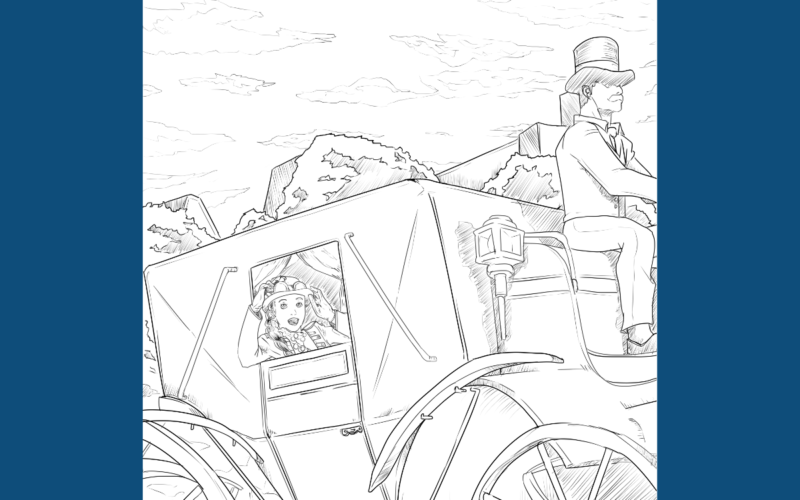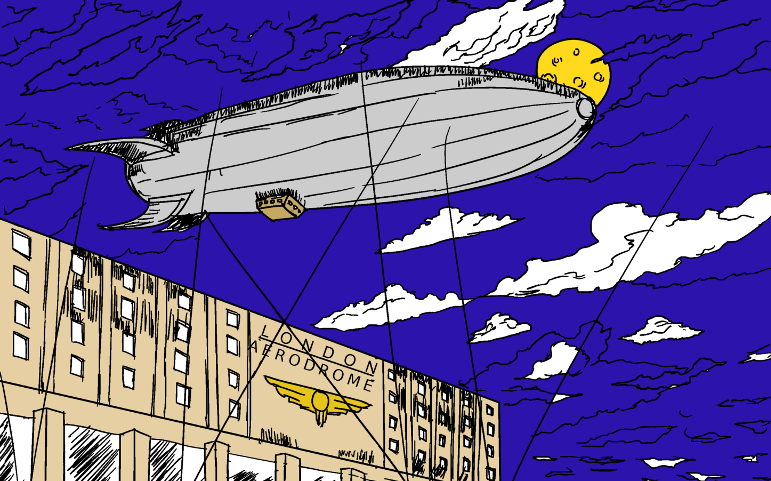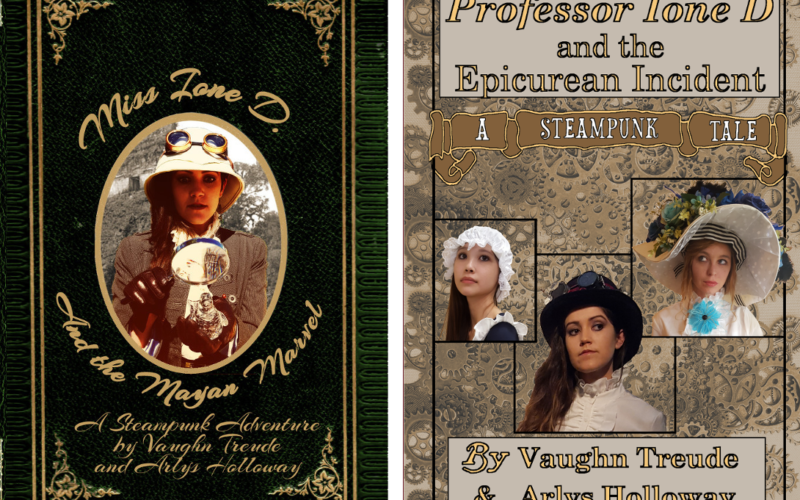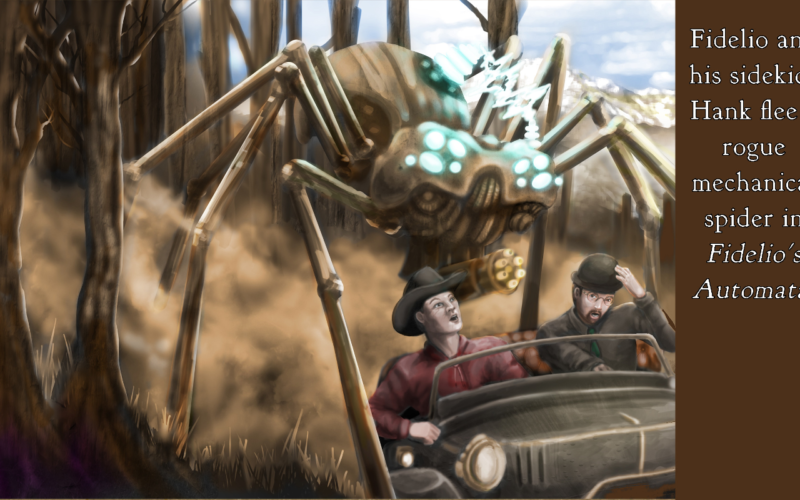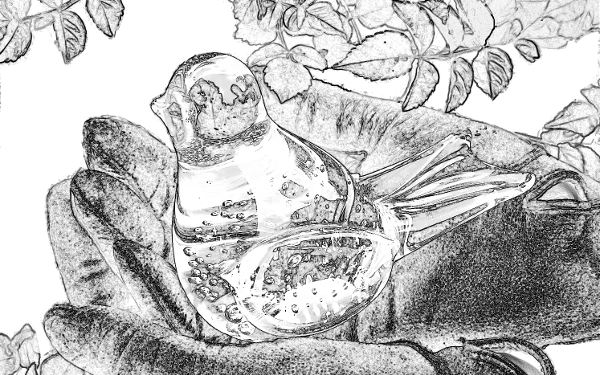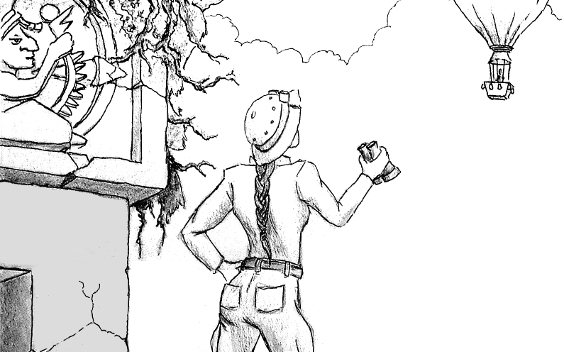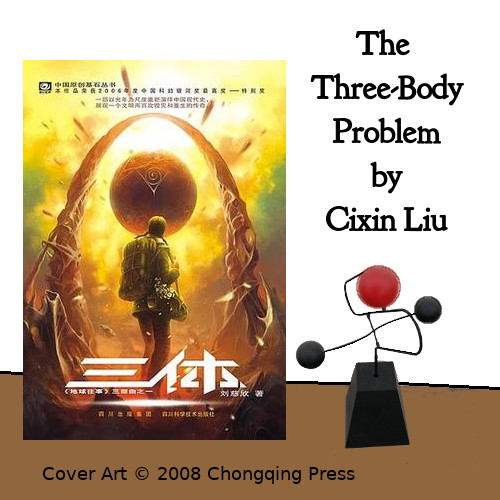
I first heard of this novel when it won a Hugo award in 2015. The unusual title intrigued me, as well as the fact that it was originally written in Chinese. Not knowing anything else about the book except that the translator was Ken Liu (one of the authors from Love, Death, and Robots; see our review on You-Tube) I bought the audiobook version and began listening. The book was a unique experience from the very beginning.
The Three-Body Problem was published in 2008 and translated to English in 2014. It’s a complex and intriguing novel. Luke Daniels, the narrator, handles the difficult Chinese names quite well and though his character voices are good, his “narrator” persona can be a bit flat at times.
The first few chapters focus on China’s Cultural Revolution, a political upheaval from the late 1960’s. Ye Winjie, one of the book’s main characters, is a graduate student at a university in Beijing. She witnesses a show trial in which her physicist father is convicted of trumped-up political offenses and summarily executed. The experience cripples her emotionally, alienating her so thoroughly that she will later betray the entire human race.
The scene shifts to the present day, beginning with Shi Qiang, a tough policeman named who’s part of a task force investigating a series of mysterious deaths of scientists. He encounters Wang Miao an engineer who’s been plagued by anonymous threats to halt his research in nanotechnology. When Wang ignores the warnings, he’s plagued by an ominous numeric countdown that appears directly on his retinas. Not convinced, he asks the entity for a sign of its power. In a scene I found quite chilling, the entity causes the cosmic background radiation – a constant of the universe since its discovery – to switch on and off.
In their further investigations, Shi and Wang discover an unusual virtual-reality computer game called Three Body. It takes place on an inhabited world that orbits three suns. The planet’s unpredictable motions cause it to have a chaotic climate which allows civilization to flower briefly before wiping it out with great heat or cold. The game seems very real, and Wang plays it compulsively. No one can trace its creators and its players seem mostly drawn from the upper levels of society.
Having established these bizarre mysteries, the story returns to Ye Winjie in the 1960’s. Ye is assigned to a logging brigade in Northern China where’s she’s nearly worked to death. A military delegation rescues her, recruiting her for a top-secret radio-astronomy facility called Red Coast. The Chinese government is searching for extraterrestrial intelligence. Officially the program finds nothing, but the brilliant Ye finds a way to amplify the “we are here” message they’ve been broadcasting by using the sun as a relay point. (It would take to long to explain it here.) She receives a reply, whereupon she invites the aliens to invade to put an end to human civilization which she sees as corrupt and evil. Since they’re light-years away, however, it will take many years for the invasion fleet to arrive.
The impressive thing about this novel is that Liu manages to tie all these disparate elements together and provide a semi-plausible scientific explanation. I say that as a person with only a slight knowledge of astrophysics. Some of it, especially the part involving quantum mechanics, seemed a bit contrived. Regardless, the story is quite gripping as the future of the entire human race is at stake.
The book’s only significant flaw is in the scenes involving the Three Body game. These can get somewhat tedious as the inhabitants of the world suffer through cycle after cycle of alternating “stable” and “chaotic” eras. Its best feature was the characters – the emotionally crippled Ye, the determined Wang and my favorite, the “bad cop” Shi. He’s corrupt, thuggish, and crude, but without his investigative cleverness, humanity would be doomed. Of course, The Three-Body Problem is part of a trilogy (Remembrance of Earth’s Past) since the aliens have yet to arrive by the book’s end.
The Three-Body Problem is one of the cleverest and most original science fiction novels I’ve read in years. Its major drawbacks are that some of the science stretches believability and that sequences involving the eponymous game can drag a bit. As a side benefit the reader gets a glimpse into the real-life insanity of China’s Cultural Revolution. I give it a rating of 4.5 out of 5 gears.

